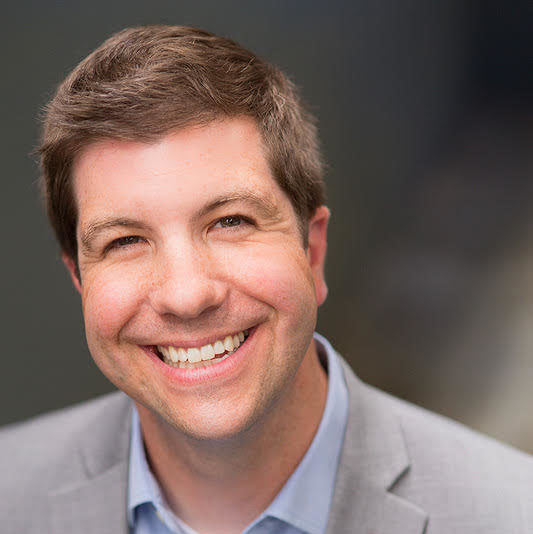I began having problems with anxiety when I was in high school. It mostly involved social interactions, and I would get nauseated and sometimes have diarrhea. It usually only lasted a short time, and I could overcome it well enough to function. I didn’t recognize any depression during this time, but the anxiety — combined with the natural angst of adolescence — may have covered up some signs of illness.
My gastrointestinal (GI) symptoms worsened over the next few years. I didn’t recognize it as anxiety or depression. I was convinced I had parasites or another infection. I struggled through it without much medical intervention, not recognizing the physical manifestations of my emotional difficulties. I saw a doctor for my GI symptoms. He didn’t recognize the underlying issue either.
After getting married and dealing with the increasing financial struggles of a young couple going to school, I ended up having a full-blown panic attack while working a night shift at a group home for the mentally ill. This experience, combined with the growing understanding of mental illness I gained while working in that setting, helped me to recognize my problem for what it was: I had generalized anxiety disorder.
I was nervous all the time — about life, about money, about getting into medical school. I couldn’t control it. I lost sleep sometimes and significantly overslept at other times. I didn’t eat much. My GI symptoms persisted, and I began to realize them as irritable bowel syndrome secondary to my anxiety.
I saw the student wellness physician, who started me on Prozac. The first month was terrible because of the side effects, but I stuck with it, and the medication began to help. I was more productive and felt better than I had in years. After being accepted into medical school, I thought my anxieties were behind me, so I tapered off of the medication. That was a mistake.
My symptoms returned, and I tried to fight through them. Despite the staunch independence that prevails throughout the medical culture, I eventually realized I couldn’t deal with this on my own. Psychiatric services were provided to medical students, so I started seeing a psychiatrist, who put me on Lexapro. I saw a therapist that I struggled to connect with. My family and I suffered.
I was diagnosed with depression as a resident in family medicine. I struggled mightily intermittently for years, as did my wife and kids. I go through peaks and valleys with my symptoms, but I’m in a good place currently. I’ve been on six different medications, and seen at least eight therapists since my initial diagnosis of generalized anxiety disorder. Thankfully, I can talk about my issues with my wife.
I recently wrote a book about my experiences, Fallible: a memoir of a young physician’s struggle with mental illness, to bring to light the issues of mental illness in physicians and how that impacts all of us. Stigma is so strong that it is hard to get rid of it. The stigma among the general population remains high, but the struggle among physicians with mental illness is even higher.
Fortunately, I have never considered suicide, or even leaving the medical profession. Despite my illness, I still find hope and value in working with my patients and focusing on their needs.
